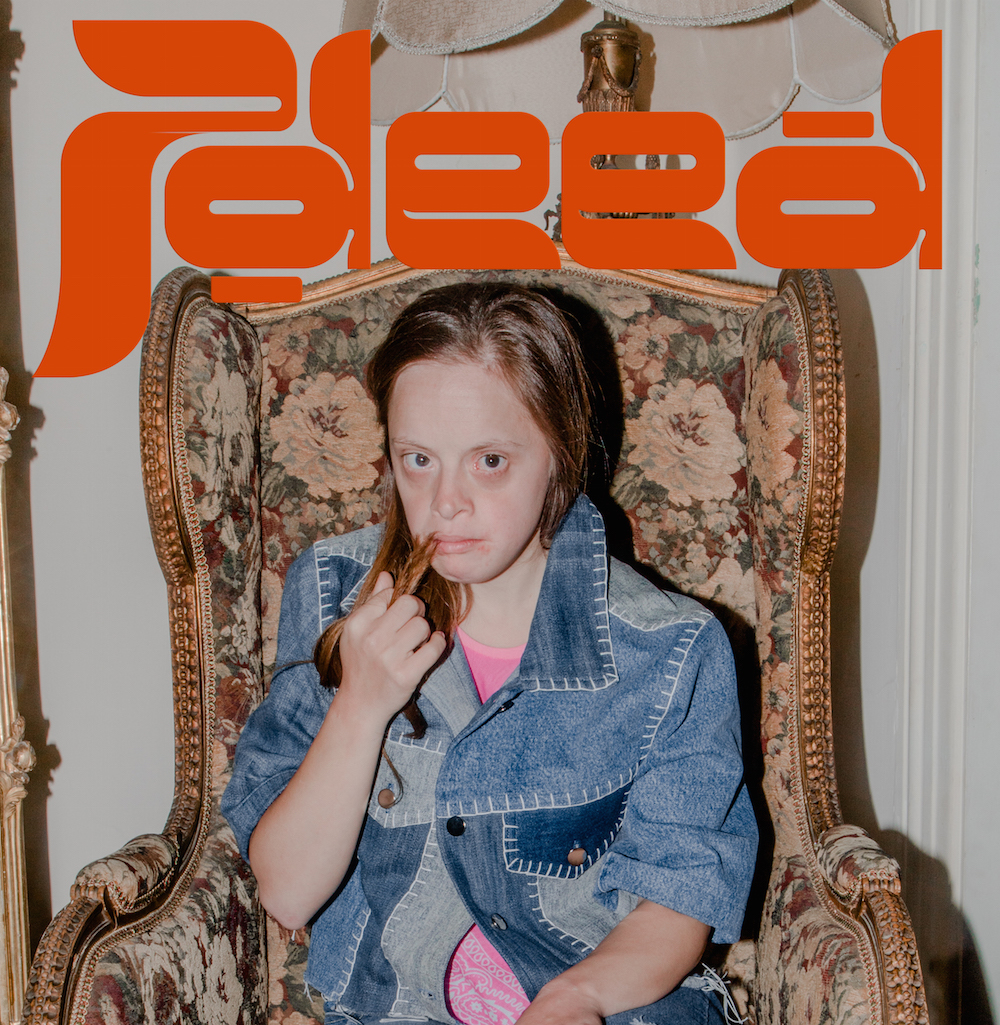
Social
Hope, progress and challenges: The integration of People of Determination in the Middle East
Elevator rides are usually uneventful but sometimes, they unexpectedly can be the initiator of more-less meaningful interactions. On this otherwise typical Tuesday morning in Beirut, at one of the city’s malls. the lift stops to load in more passengers. One of them, is paraplegic. My first thought was a happy one. In 3 years in the Lebanese capital, I could count on one hand the times I crossed path with a person in a wheelchair. But as the young man exited, joy somewhat turned into anger, or disappointment. A co-passenger unleashed a series of “ya haram, ya haram” specifying she was happy she had been gifted another type of life; a freer life.
Witnessing this scene was complicated enough, but it also increased my existing concerns about how complicated it must be for this young man to navigate around a city like Beirut, both logistically but also because of the lack of education on their needs and, in all honesty, because of the lack of civism some citizens are capable of displaying. Did it really come as a surprise? Not really. The fear of the unknown, to remain diplomatic, can be quite flagrant in Lebanon and this case was no exception.
But on the other end of this problematic, live solutions, lives hope, live people that dedicate their lives to help. This is what we chose to focus on. The integration of people of Determination in the Middle East is relatively timid but is knowing improvements; initiatives are seeing the day and “regular” work places are making room to welcome employees with special needs.
We spoke to Charbel Daghfal, founder of Wheelchair Taxi, Wassim El Hage founder of Agonsita coffee shop, Gladys Aoun, head of Media at SESOBEL and Nanette Ziade, mother of our digital cover star Audrey to get a better understanding of their initiatives and the situation.*
*This article is the first of 2 on the topic. You can read it in JDEED 10, out on May 16th.
Words/Cynthia Jreige
Photography/ Myriam Boulos for JDEED.

Audrey Ritter at her grand-mother’s house in Beirut.
If you’ve ever been to Beirut, you’ve probably noticed the many stairs, high sidewalks, holes on the road and lack of ramps the city is challenged with. Navigating Beirut as a pedestrian is already quite the task, but for people in wheelchairs, the feasibility is basically non existent. The same issue goes for “public transport”’ aka the “service” taxis (basically a disorganized carpooling solution in place of a city bus system): none of them are equipped to welcome passengers in wheelchairs. Charbel Daghfal, founder of Wheelchair Taxis, wasn’t going to wait for a solution, he instead decided to be the change. Victim of an accident at only 20, that impaired him from his legs, Daghfal spent over a year at the hospital, between surgeries and physiotherapy sessions. Once back home, he constantly had to wait for 4 people to take care of him to be able to go about anywhere.
His first idea was to put up a ramp in his home, then got an electric wheelchair before eventually ordering a specialized car from Switzerland. Being able to move around much more easily made Charbel realize that no one in Lebanon provided this type of mobility service or some relief to people who wished to leave their houses but couldn’t. As he started thinking of his business idea, he got to meet people who hadn’t left their houses in 3-4 years because of the lack of solutions. Someone he encountered even stayed 12 years within the 4 walls of their home simply because they could not go out. And so it started.
With currently 2 cars ordered from Europe and the US, Daghfal is now capable of offering rides to people in wheelchairs, with his all-equipped vehicles: “Some people go to the restaurant, the hospital, or some of them, to work, which was a dream for them.” The principle is simple, tell us Daghfal: “anyone who wants to order a cab calls our call center 03385995* , they place an order about an hour before leaving, give us their destination and we send them a car. It can be full day, half day…Depending on the destination, the driver will stay with the client. Our drivers are trained to handle people with disabilities, to help them get in the car and to make sure they’re relaxed and at ease.”
Not only are his customers happy, but Daghfal is quite joyful as well: “Truly, Wheelchair Taxi makes me very happy. I already helped more than 1000 people in Lebanon. With this car, I give my clients the opportunity to have hope again. They leave the house, they don’t want to come back , they feel independent, relaxed, they can go wherever they want. They don’t feel tied to anyone, they don’t need 4 people to help them. Eventually, their happiness makes mine.”
*+9613385995 if you have a non Lebanese phone number.

Audrey Ritter and her grand-mother, Hoda Ziade in Ziade’s home in Beirut.
Daghfal isn’t the only ambitious start-upper shaking up the entrepreneurial landscape in Lebanon. Wassim El Hage, a physical therapist who used to work with people with special needs for almost 10 years, was able to see a different reality through his patients. He noticed that a good portion of his clientele, an estimated 70-80%, were people who, although in need of special supervision, were completely capable of integrating the labor market. More than being able to, for El Hage it was a real necessity, an opportunity for them to be trusted and even become financially independent. That’s how Agonista, the chain of coffee shops he founded, was born. A work place that fully integrates people with special needs.
And why a coffee shop? El Hage replies: “I wanted to change the perception society has on people with special needs which is why I chose a coffee shop; for them to have a direct contact with customers. Agonista works as a normal coffee shop and our employees are found at every functions: barista, waiters, runners and cashiers.”
For El Hage, the project has proven to be a real success. A success, that he determines mainly through the positive change that being integrated in a workplace has had on his employees: “the positive impact on the employees’ lives and the positive behaviors they adapted since they started working – more confidence, and even making their parents more confident- that’s our biggest success. I feel really joyful when I see that they are happy, making money, dreaming of a better future and that they are able to achieve their goals.”
On both sides, the response has been wonderful. Employees and customers are able to exchange which, inevitably, has had a positive impact on the community: “I’m happy when I see the clients and our employees interact,” says El Hage, who even confesses: “some of our employees are now famous on Social Media. Except for their family, they used to have very limited social lives, but we have given them the opportunity to be well known and better accepted, which is one of my biggest joy.”
The company is hoping to continue change the way people view People of Determination and making sure they are integrated, but also is working to help creating more and more inclusive work places: “we are now working with 40 beneficiaries with special needs, 20 in Zgharta (North Lebanon) and 20 in the Chouf, to train them so they’re able to be integrated into the labor market there. For example, working in restaurants or coffee shops. We want to give the opportunity to people outside of Mount Lebanon and Beirut to work, to have more people with special needs employed, and reduce their unemployment rate. In the future, we hope to be able to cooperate with others investors, NGOs, companies or different governments from the Arab region who share the same values and goals as us.”
El Hage wants to believe in the power of unity, and wishes it can happen presto: “Hopefully we can meet partners from outside Lebanon as soon as possible, to work on this project with them in the goal of always giving more chances to these people.”
Audrey, Alex and Eric Ritter share a playful moment with their grand-mother Hoda Ziade in her home in Beirut
Before these ambitious and very necessary entreprises saw the day, a Lebanese institution has been bringing relief to People of Determination since the mid 70s. SESOBEL, a non-governmental organization founded in 1976 “for the welfare of the child with disability and his family” has been a major actor in the creation of positive changes for people with special needs in the Arab region. We spoke to Gladys Aoun, the media head unit of SESOBEL who enlightened us about the organisation: “SESOBEL takes all possible steps to implement a coherent and monitored service of assisting children with disability and to accompany their families as partners in facing life’s challenges , and works equally hard with all elements of society for them to recognize the value, dignity, and respect for children with disabilities,” she tells JDEED.
It’s more than 1300 children with intellectual and/or motor disabilities or autism that are being taken care of “in terms of medical, social, educational, rehabilitation, and human assistance.” SESOBEL also owns a shop where the kids are able to help in the creation process of the goods such as labelling the jams or take on some tasks in the couture department. The profits of the sales go back to helping the NGO*
Despite the optimism, the positive change, the hope and the obvious results, Wassim, Gladys, Charbel and Nanette, our cover star’s mother, all agree on what’s still to be done to ensure that all the efforts accomplished live on and continue developing. All share the same point of view regarding the challenges faced along the way, one of them being the brutal economical crisis Lebanon is going through, Charbel Daghfal and his taxis were hit quite roughy: “since the crisis started in Lebanon, the gas has become super expensive and we now buy petrol in dollars. It’s also hard to buy a new car. The car was 10.000USD, 20 million Lebanese Pounds. and now it’s 800 million LBP.” Daghfal is hoping to find some financial relief through a fundraising he plans on launching soon.
Another major issue to overcome is the lack of education on how to integrate People of Determination in our daily life: “the biggest struggle is the mentality of our society; it’s not willing to include these people on all levels,” says El Hage. “We can start as small as we can, through our projects , our buildings, our companies. If we start thinking of the architecture of new buildings to be more inclusive, more accessible, that would be a good start and it wouldn’t cost so much more,” he pauses before going on: “if we want to employ [them] in private or public sectors, we can create jobs for them, train them but mostly, we need to educate people and work on the mentality of the society. That’s what we are trying to do at Agonista and especially with the youth: we’re trying to target the youth so that the new generation who will lead in the future creates more job opportunities and more accessible places for People of Determination.”
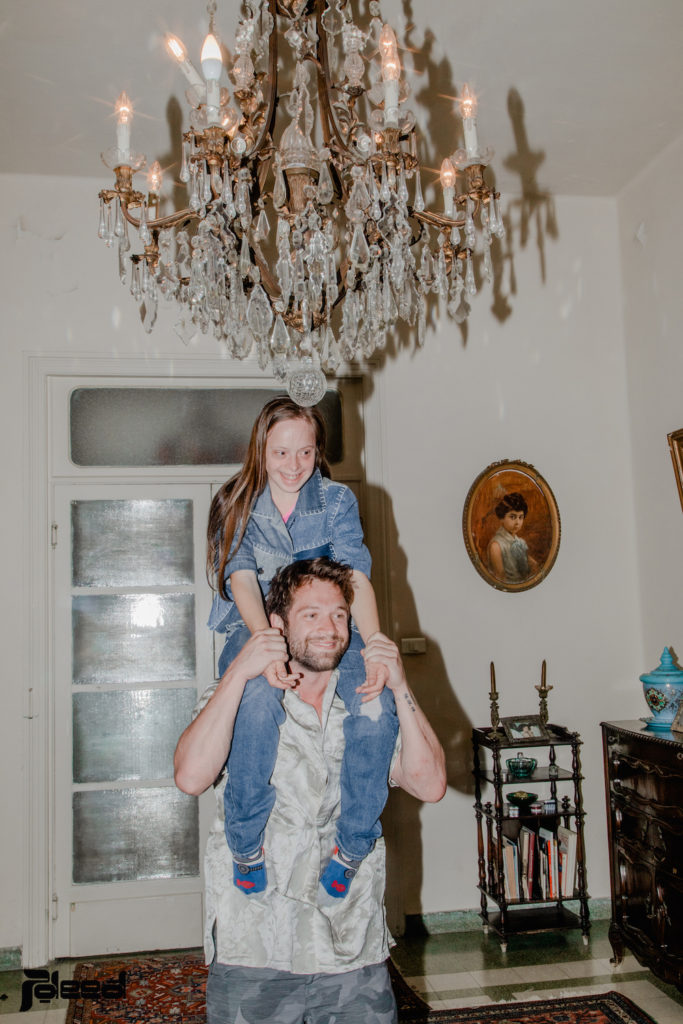
Audrey and her brother Alex in their grand-mother home in Beirut
Aoun, gives us a similar feedback: “we need to shed light on the person, the human being, not on the handicap. They have hope, ambition and talent, and it’s up to us to help them accomplish their goals.”
Another major point of agreement is the necessity for People of Determination to be integrated in workplaces: “they need the good conditions to be able to work, they need the good intention, some adjustment, more inclusive places. We need to work with the government, the public and private sectors to find more job opportunities and give them the right to be independent” insists El Hage.
For Nanette Ziade, Audrey’s mother, integration into the work place is also crucial: “Audrey follows an inclusivity program that helps young people with special needs find their place in the society” she tells us, before continuing: “I am hopeful. It would be good to gather our efforts and unify the sources of information when it comes to people with special needs.”
Gladys Aoun only agrees with the latter: “on a national level, we need to help associations in all the different regions so they keep offering the necessary training to these young people to help them integrate the labor market.”
Through the ups and downs, the hope for a better tomorrow remains stronger: “Despite all the difficulties, we are proud to still be standing and continuing our mission. We hope to pursue it in the coming years and to always do so with dignity.”
* You can purchase products from the SESOBEL shop, right here.
To discover more about Wheelchair taxi, click here.
For Agonista coffee shop, visit this link.
For SESOBEL, see here.
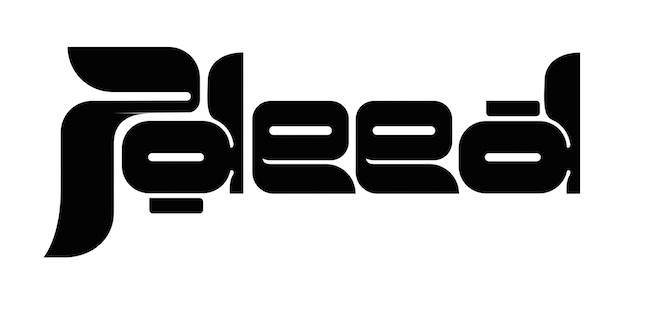




0 comments